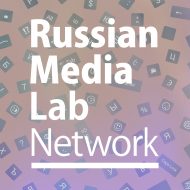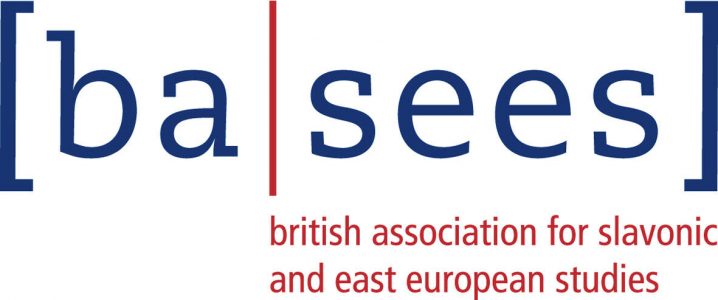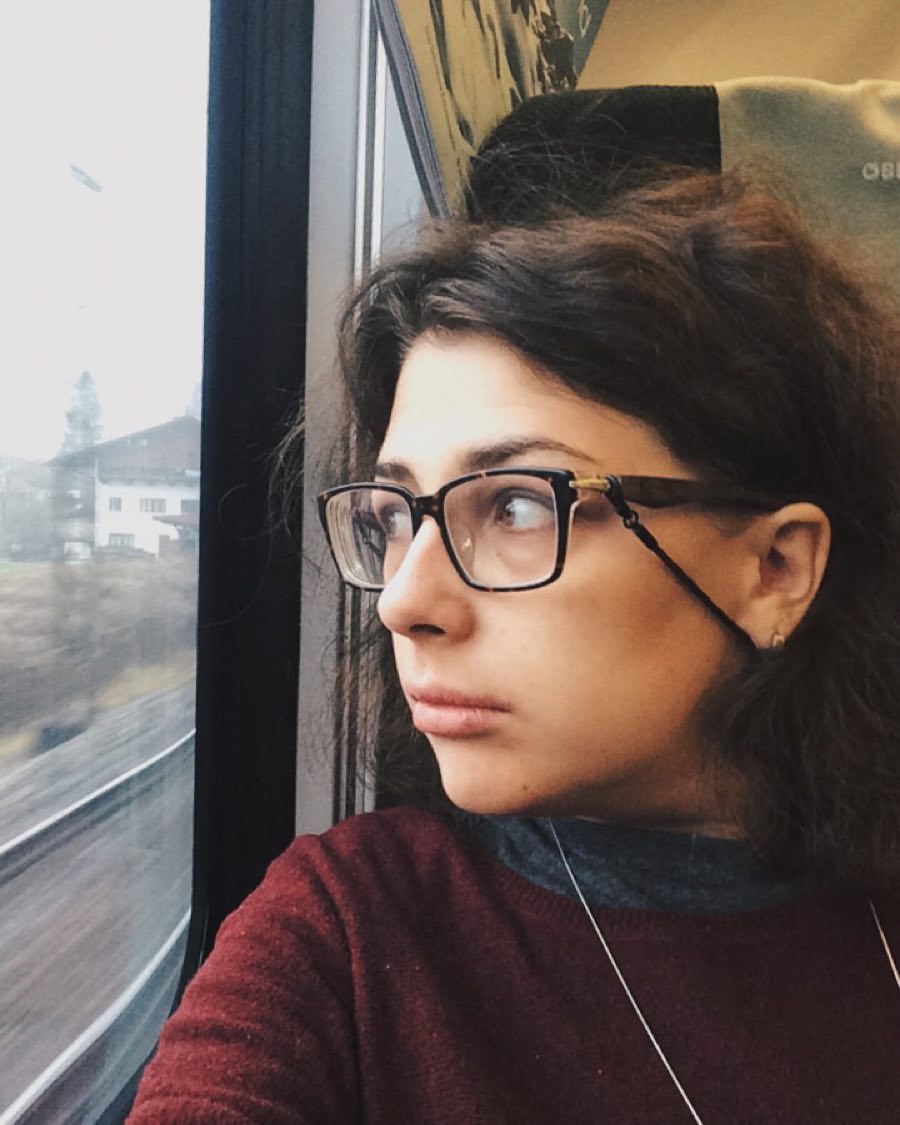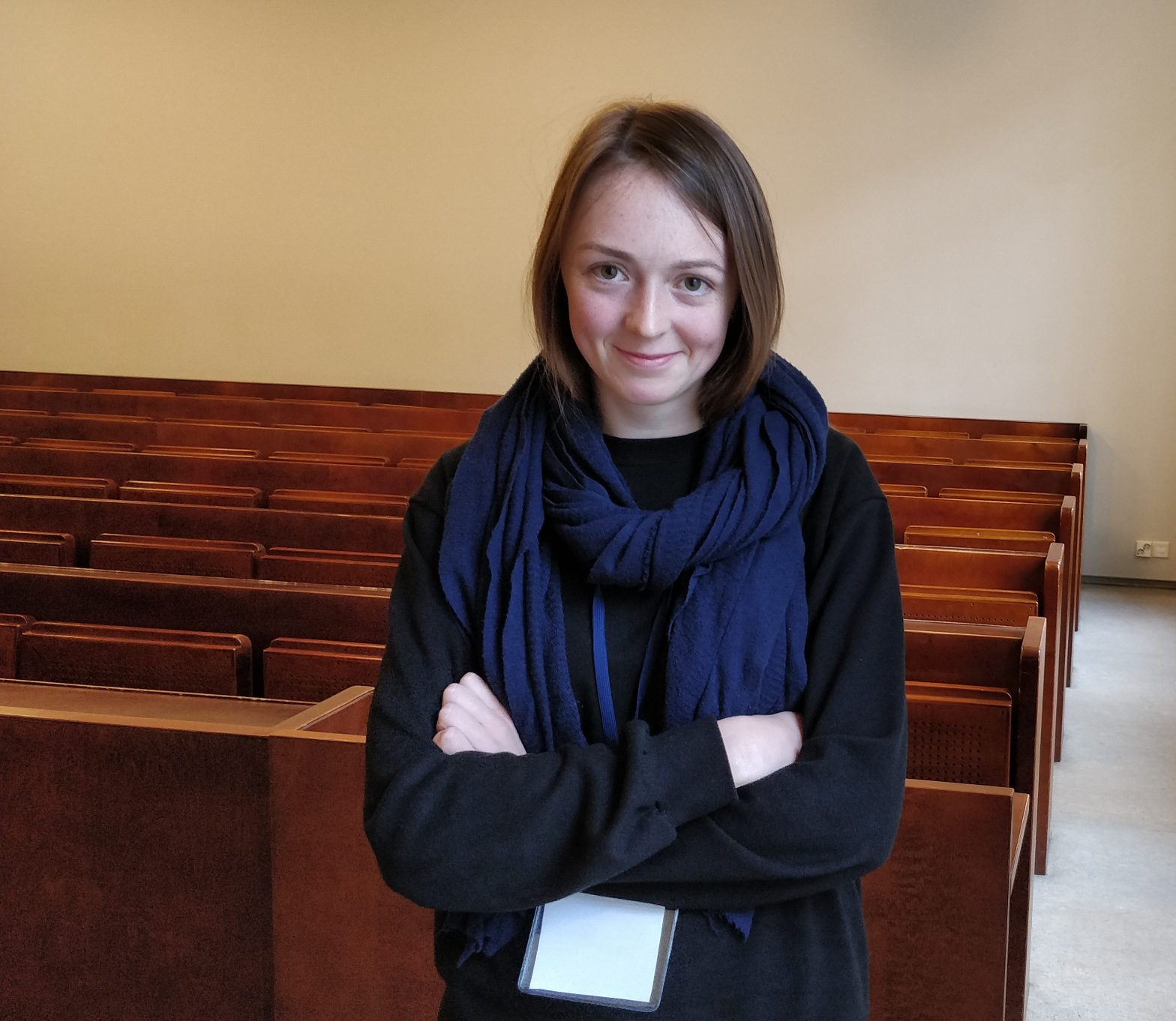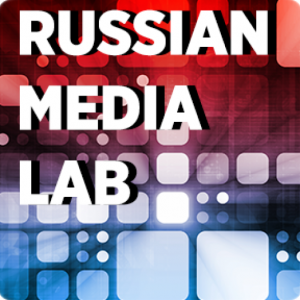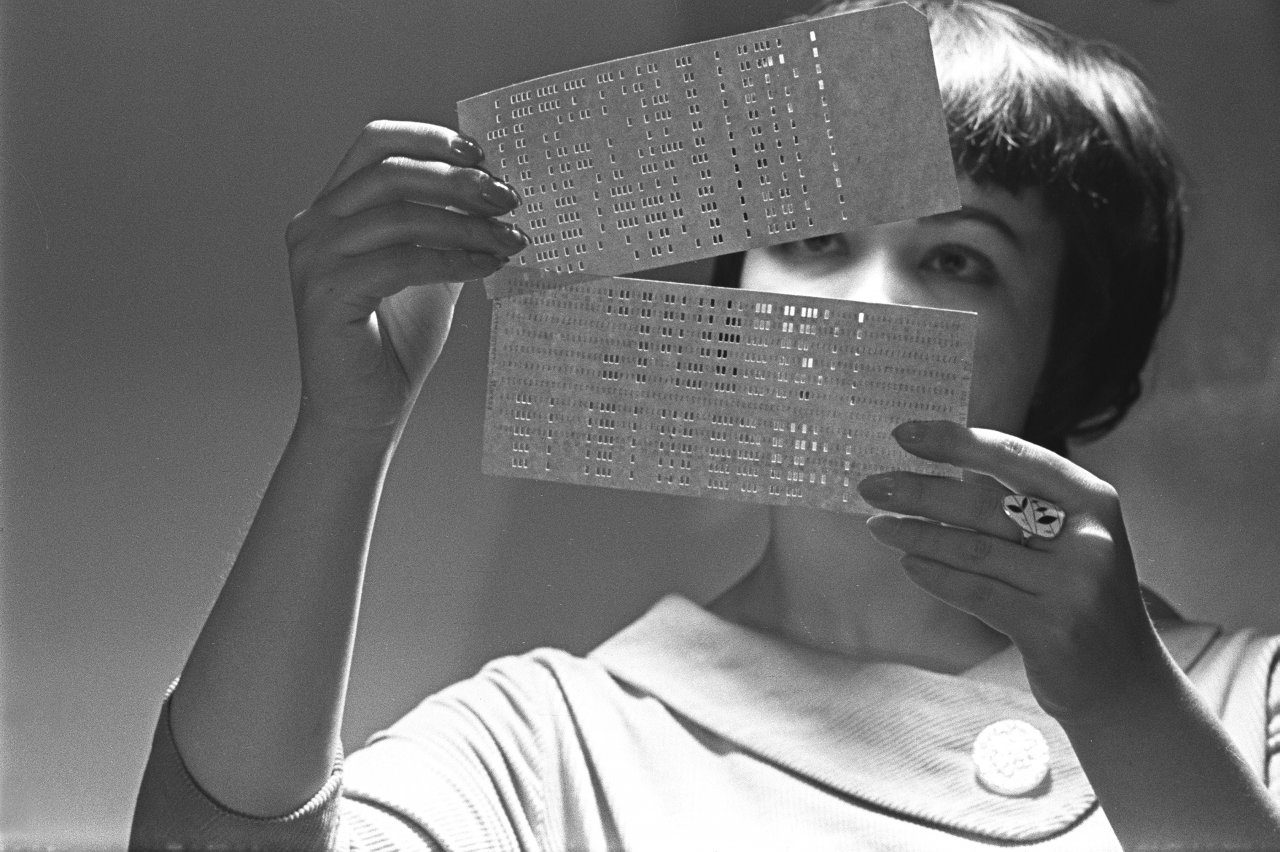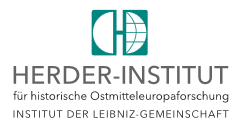In March 2019 RML hosted visiting researcher Polina Kolozaridi, lecturer at Higher School of Economics and founder of club for internet and society enthusiasts. Russian Media Lab asked Kolozaridi several questions about her research and visit Aleksanteri Institute.
What is your current research about?
My central research now is about the diversity of internet in Russia and internet policies. Together with the club for internet and society enthusiasts we did several studies on internet history and bloggers in Russian regions, but in here Helsinki I focused mostly on the topic of Internet policies.
During my lecture at Aleksanteri Institute I talked about the role of government in regulating internet and the challenge of diversity and fragmentation. In 1996 John Perry Barlow had written the Declaration of the independence of the Cyberspace. This is an important document of the era of global internet. However, 23 years after it cannot be treated as a program document, as far as internet became ubiquitous: it is not a separate space anymore. Internet is flexible, therefore each social group or subculture uses and understands it in their own specific way. For instance, it was demonstrated in “Why We Post” project. Often we continue to treat the internet as something universal and global, as the epistemological approaches are rather rigid. Together with my colleagues we try to rise this problem and find some empirical and theoretical solutions for alternative understanding of internet as locally determined and diversified entity.
One of the empirical solutions is to investigate the variety of what internet might be in different places. In order to do it, we organized research expeditions to the Russian cities: Voronezh, Kazan, Tomsk, Arzamas, Pereslavl-Zalessky, Tyumen. Another solution is to analyse official government documents to understand how they conceptualize internet, its present and future. We still have plenty of field data to analyze, but it is already clear that internet should be understood as an interconnection of infrastructure, use and policies (as William Dutton stated) and also as media and content space. Moreover, the state or business are not homogeneous actors, but consist of very differently-minded groups.
How do you assess the freedom of speech in Russian-language segment of Internet?
I have quite unpopular position here. From my point of view, there are two reductions of this topic: metaphor of cyberspace and State as an extremely important actor.
Continue reading “Internet diversity in Russia and weather diversity in Helsinki – interview with RML’s visiting researcher Polina Kolozaridi”
